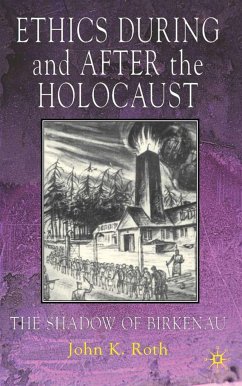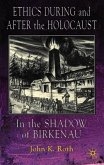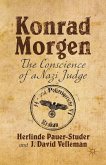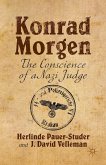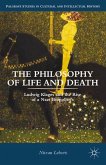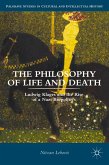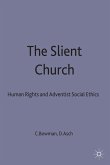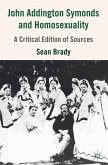Questions shape the Holocaust's legacy. 'What happened to ethics during the Holocaust? What should ethics be, and what can it do after the Holocaust?' loom large among them. Absent the overriding or moral sensibilities, if not the collapse or collaboration of ethical traditions, the Holocaust could not have happened. Its devastation may have deepened conviction that there is a crucial difference between right and wrong; its destruction may have renewed awareness about the importance of ethical standards and conduct. But Birkenau, the main killing center at Auschwitz, also continues to cast a disturbing shadow over basic beliefs concerning right and wrong, human rights, and the hope that human beings will learn from the past. This book explores those realities and the issues they contain. It does so not to discourage but to encourage, not to deepen darkness and despair but to face those realities honestly and in a way that can make post-Holocaust ethics more credible and realistic. The book's thesis is that nothing human, natural or divine guarantees respect for the ethical values and commitments that are most needed in contemporary human existence, but nothing is more important than our commitment to defend them, for they remain as fundamental as they are fragile, as precious as they are endangered.
'This is the mature work of a distinguished scholar who asks all the difficult questions and refuses to accept the simple answers...Roth's grasp is wide; his understanding profound, his insights glisten, and even the most complex of ideas are expressed with clarity, sensibility and wisdom.' - Michael Berenbaum, Director, Sigi Ziering Institute, and Professor of Theology, The University of Judaism, USA
'Appearing at a time of widespread ethical numbness, even cynicism, this book is a clarion call for reinvigorated commitment to memory, humility, decency, responsibility, and practical action. Roth's gracefully written and reasoned work could not be more absorbing and timely. His plea for 'the tuning of human loyalties toward...the common good' could not be more praiseworthy.' - Peter Hayes, Theodore Z. Weiss Professor of Holocaust Studies, Northwestern University, USA
'No questions are more important or urgent than those concerned with what happened to ethics during the Holocaust, or what should ethics be and what can it do after the Holocaust? What Roth wants to do - and accomplishes so eloquently - is to avoid abstraction and to explore instead the practical meanings and applications of ethical analysis after Auschwitz and 'in the shadow of Birkenau'...a lucid, thoughtful, insightful and sensitive exploration.' - Carol Rittner, Distinguished Professor of Holocaust and Genocide Studies, The Richard Stockton College of New Jersey, USA
'Appearing at a time of widespread ethical numbness, even cynicism, this book is a clarion call for reinvigorated commitment to memory, humility, decency, responsibility, and practical action. Roth's gracefully written and reasoned work could not be more absorbing and timely. His plea for 'the tuning of human loyalties toward...the common good' could not be more praiseworthy.' - Peter Hayes, Theodore Z. Weiss Professor of Holocaust Studies, Northwestern University, USA
'No questions are more important or urgent than those concerned with what happened to ethics during the Holocaust, or what should ethics be and what can it do after the Holocaust? What Roth wants to do - and accomplishes so eloquently - is to avoid abstraction and to explore instead the practical meanings and applications of ethical analysis after Auschwitz and 'in the shadow of Birkenau'...a lucid, thoughtful, insightful and sensitive exploration.' - Carol Rittner, Distinguished Professor of Holocaust and Genocide Studies, The Richard Stockton College of New Jersey, USA

